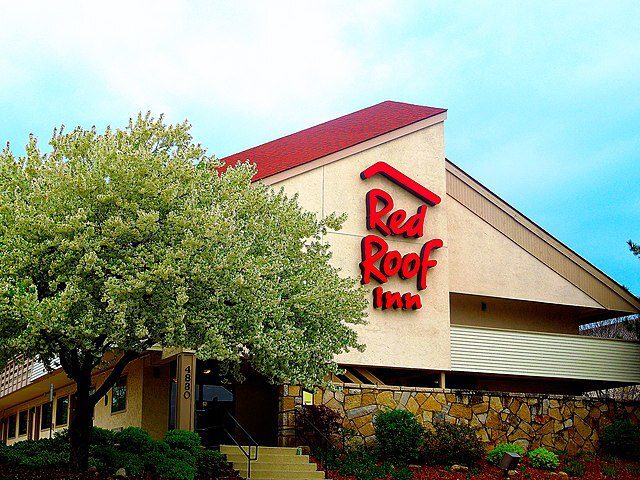Starwood Provides $230M Debt Package on HomeTowne Studios Portfolio
The portfolio comprises 41 extended stay hotels under the HomeTowne Studios by Red Roof flag
By Mack Burke August 11, 2021 2:58 pm
reprints
Dune Real Estate Partners and Westmont Hospitality Group have secured a $230 million debt package to finance a 41-property portfolio of HomeTowne Studios by Red Roof extended stay hotels, according to ratings agency analysis of the deal.
The commercial mortgage-backed securities (CMBS) debt package includes a $184 million first mortgage and a $46 million mezzanine loan with mirroring terms — three-year, floating-rate loans with two, one-year extensions. The interest-only debt carries a rate of one-month Libor plus a spread of 3.75 percent, with a 0.25 percent Libor floor, according to information from S&P Global Ratings.
The financing, which was originated and sold by an entity affiliated with Starwood Property Trust, retires a $226.1 million existing loan and pays off $3.9 million in closing costs. Sponsorship also provided $993,000 in order to fund other closing costs, as well as reserves.
According to S&P, the senior loan is collateralized by Dune and Westmont’s fee simple interests, as well as the operator’s leasehold interests, in the 41 extended-stay hotels, which are spread throughout 18 states. The mezzanine piece is covered by the borrower’s equity interest in the ownership entities that hold the hotels.
Colorado, Washington state and Texas — in that order — are the three states with largest allocated loan amount. Colorado has five hotels; Washington has four hotels; and Texas has six, per S&P. The 10 largest assets make up almost 35 percent of the allocated loan total.
There are 15 hotels that account for nearly 34 percent of the loan total that are located in primary markets, while 21 are in secondary markets and the remaining five are in tertiary locations, as considered by S&P.
While 66 percent of the portfolio is situated in secondary and tertiary markets, during the pandemic, hotels in more suburban areas, or smaller towns and markets, have coped better with the economic pressure than those in urban markets, “as travelers seek drive-to lodging accommodations in less populated locations,” S&P wrote in its analysis.
That thesis checks out within this portfolio. Revenue per available room (RevPAR) grew 8.9 percent in the 12 months through April 2021, after relatively strong gains in the few years before COVID-19, according to S&P. The portfolio’s net cash flow (NCF) also grew by almost 19 percent and came in at $28.3 million in that same 12-month period, a time that obviously proved to be very detrimental for the broader hospitality sector; that marked a 16.4 percent jump in cash flows from the same period from 2019 to 2020.
The growth can be attributed, in part, to a branding conversion that happened prior to the pandemic and the extended stay configuration throughout the portfolio, per S&P. In 2018, they were all converted to HomeTowne Studios by Red Roof hotels from Crossland Economy Suites. The new franchise agreements with Red Roof and the fees that came with it led to a 8.9 percent decline in cash flows between 2018 and 2019, before a rebound in 2020.
The franchise agreements that allow for the HomeTowne Studios by Red Roof affiliation run through 2038 and include a single, 10-year option for renewal, per S&P. The affiliation allows each of the hotels to leverage Red Roof Inn’s national marketing prowess, as well as its reservation and rewards programs.
A sponsor-affiliated entity by the name of CL West Management currently manages the assets under an agreement through December 2035.
Recently, Red Roof unveiled a new prototype design for its HomeTowne Studios by Red Roof hotels that includes new “efficient” room layouts, modern designs and a “cost-effective development footprint.” The prototype was uncovered at the 2021 Asian American Hotel Owners Association Convention & Trade Show in Dallas.



